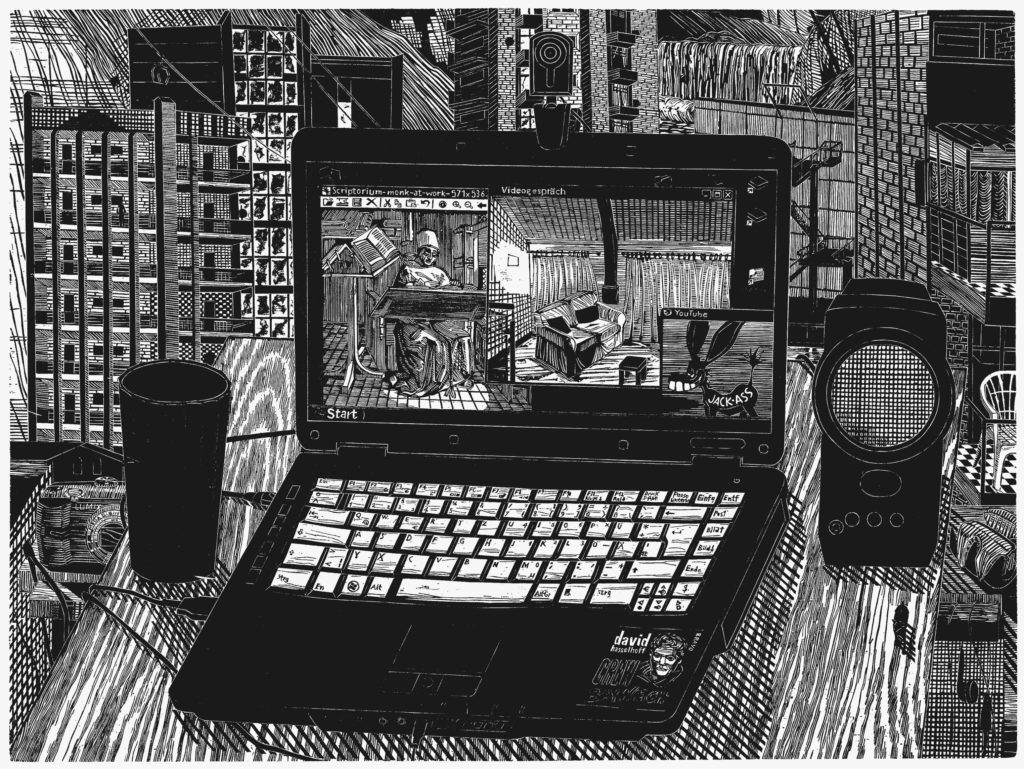Technology has empowered even the tiniest among us. It’s not always for the best.
Today, the Internet gives a middle schooler the power to spread a nasty rumor like – as the rabbis caution us – feathers in the wind that cannot be retrieved.
A car gives a man the power to drive a senseless, deadly journey toward Britain’s parliament.
Planes in the hands of 19 hijackers empowered them to kill thousands, upping the stakes in their desired East-West dispute. Now, that dispute seems be to bubbling over the side of the pot. And nobody can seem to get to the lid to lift it up and calm the water.
Late last month, a teenager in Israel was arrested on suspicion of carrying out more than 100 bomb threats on Jewish institutions in the United States. If he’s the culprit, it’s an astonishing tale, one that continues this unfortunate story of over-empowerment.
One hundred years ago, if a teenager wanted to secretly disturb a large number of people, he’d probably have to have done so in his hometown and in person. He wouldn’t have been able to so easily reach the whole world.
He could leave someone a nasty, secretive note. Maybe he could try to do something nasty while nobody was looking. After that, he’d be running out of options. There were no apps, no WiFi and certainly no stealth phone-number options.
Yet today, thanks to technology, even a lone wolf can dial up hate and fear for dozens of Jewish sites nationwide. And then social media and the Internet are there to spread the news of it to absolutely everybody, multiplying the power of the attack. All it takes is a few phone calls. An email from an anonymous account. From a room, from behind a screen, from a place that feels distant and safe.
Technology gives us so much, but it also takes. It has taken the responsibility that comes from facing countless victims.
How do we deal with this?
It seems our response must include adjusting our fears to the reality that a threat can come from anywhere in the world. We must take threats seriously, but we must also remember that there are billions of people on this planet, and a threat does not necessarily mean intent or ability to act.
We also must support our Jewish institutions.
The Harry & Rose Samson Family Jewish Community Center in Whitefish Bay has closed four times due to threats through March 12, as of this writing. With the arrest in Israel, we hope the trend is finished. Mark Shapiro, president and CEO of the JCC, has expressed cautious optimism.
Shapiro said the JCC has lost less than 1 percent of its members due to the disruptions and that “we will welcome them back,” according to the Journal Sentinel.
So let’s go back. Or if we’ve never left, let’s get even more engaged. Now is the time to throw a basketball, eat at the JCC cafe, or enroll in a class.
They’ve asked us to “say ‘yes’ to the JCC.” Our synagogues and other Jewish institutions are also seeking our engagement.
At times like this, the word “yes” is an act of solidarity, a commitment to come out of this stronger.
Something has been taken something from us, but a cheerful “yes” is how we take it back.
Rob Golub is editor of the Wisconsin Jewish Chronicle.


